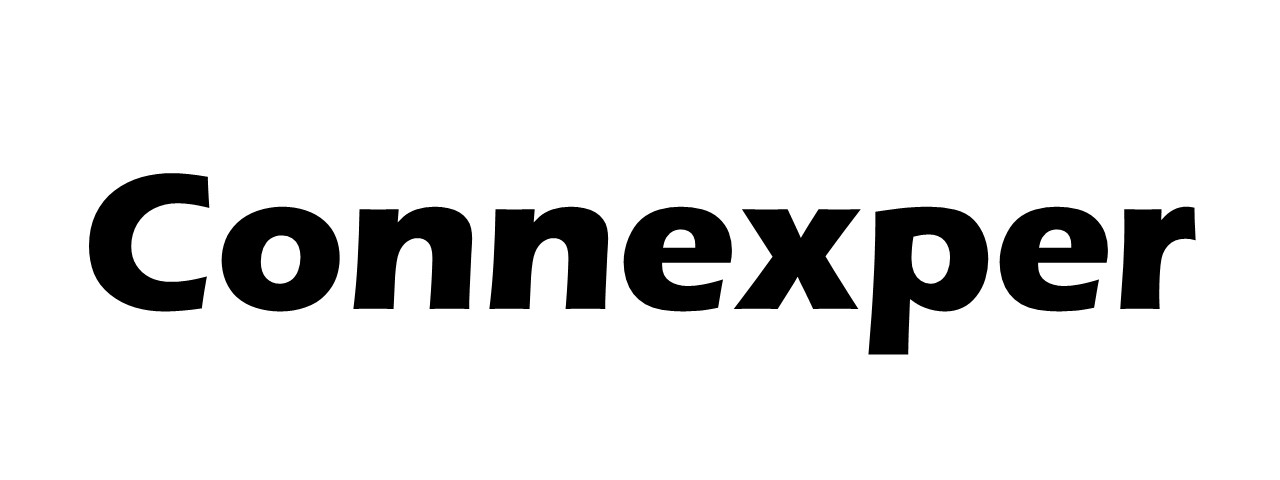What is a startup accelerator?
A startup accelerator is an intensive program that provides startups with mentorship, networking opportunities, funding, and other resources. Typically, an accelerator program lasts from 2 to 6 months. In exchange, the accelerator usually takes 5% to 10% of the startup’s equity, though some may take zero equity.
What is a corporate accelerator?
A corporate accelerator is a type of startup accelerator funded by a well-established company to support and nurture startups without asking for equity in exchange. Depending on the program design, these accelerators may offer mentorship, product credits, co-selling opportunities, and access to the sponsor company's network of industry experts, partners, and clients.
What should you consider when deciding whether to join a startup accelerator?
Before applying to a startup accelerator, consider your reasons and goals for joining and assess whether it is the right time for your business. Joining a startup accelerator at the right time can help you gain the most benefit from the program. You should only join if the benefits to your startup outweigh the costs.
One advantage of joining a startup accelerator is access to funding. As a founder, consider whether your startup needs this financial boost. Additionally, you can validate your product with industry experts and receive guidance and advice from mentors. You can also gain networking opportunities with investors, industry experts, peers, and program alumni. Since joining a startup accelerator is selective, acceptance into the program can help build your company’s credibility and brand recognition. Furthermore, startup accelerators provide software perks, office space, legal support, and marketing assistance, which can significantly help you save on operational costs.
Besides the benefits that a startup accelerator can offer, you should also consider potential downsides or challenges. The biggest downside is giving up equity in exchange for the resources provided by the accelerator, which results in equity dilution and can have implications for future fundraising. Moreover, some programs require founders to attend activities and events in person, potentially requiring relocation. If the program’s location has a higher cost of living than your home country, you may need to secure additional funding or income to cover living expenses during your participation. In addition, some programs are inflexible and may require participants to attend many events, leaving them less time to focus on running the business.
How should you choose a startup accelerator?
- Brand: There are many accelerators in the market. A well-known accelerator can generally offer more resources and opportunities. You can verify this by examining their alumni and history.
- Location: You need to consider the program's location and whether it requires you to participate in person. If relocating is not feasible, look for programs that accommodate virtual participation.
- Industry: Some accelerators accept startups from any industry vertical, while others focus on specific verticals, such as artificial intelligence, FinTech, and Deep Tech. You need to choose one that aligns with your startup.
- Network: You should check whether the accelerator provides access to the right investors and industry contacts that align with your startup so that you can benefit from the program.
- Time Commitment: It is important to consider whether the program schedule is flexible and aligns with your goals, so you can balance participating in the program with running your startup.
- Events: Many startup accelerators organize various events to support their portfolio companies, such as demo days and educational workshops, which you are encouraged to join.
- Operational Support: If you want to reduce your operational costs, check whether the startup accelerator provides software perks, office space, legal assistance, and marketing support.
- Post-Program Support: Achieving startup success is a long journey. If an accelerator offers alumni engagement and continued support after the program ends, it will be beneficial to you.
- Equity Exchange: If the startup accelerator asks for equity in exchange, it is important to ensure you are comfortable with the terms.
What are the alternatives to joining a startup accelerator?
Joining an accelerator is not the only way for startups to gain funding, mentorship, and networking opportunities. There are several alternatives for startups looking to gain support and grow without joining an accelerator, including:
- Friends and Family Funding
- Grants
- Competitions
- Venture Studios
- Incubators
- Angel Investors
- Venture Capital Firms
- Crowdfunding Platforms
- Revenue-Based financing
- Corporate Partnerships
What are the top global startup accelerators you should know about?
| Name | Headquarters | Year | Startups |
| Y Combinator | US | 2005 | Airbnb, Dropbox, Reddit, Stripe |
| Plug and Play | US | 2006 | PayPal, Dropbox, Course Hero, Lending Club |
| Techstars | US | 2006 | SendGrid, DigitalOcean, PillPack, GrabCAD |
| 500 Startups | US | 2010 | Canva, Intercom, Reddit, AngelList |
| Google for Startups | US | 2011 | Deeply, Feebris, ikura |
| SOSV | US | 1995 | OpenTrons, Formlabs, Neptune Robotics, Smartex |
| MassChallenge | US | 2009 | Bitso, Ginger, Hyliion |
| Antler | Singapore | 2017 | Reebelo, Homebase, Pathzero, Volopay |
| Startupbootcamp | Netherlands | 2010 | Certified By, PaySquad, AYLA, Energetica |
| Microsoft for Startups | US | 2011 | Duhqa, Etiq.AI, Tuniverse |

